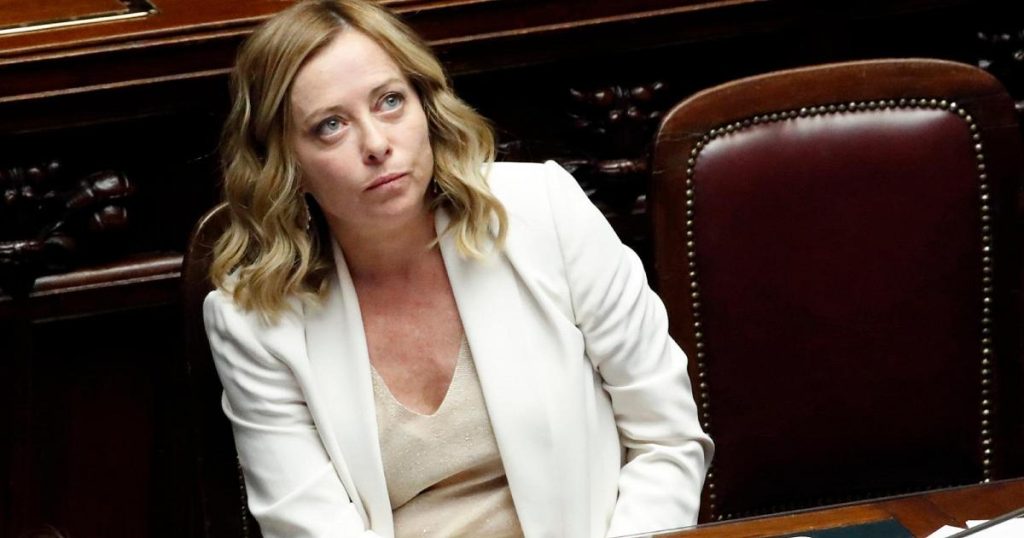The government’s goal for the next three years is to “carry out, point by point, the electoral program with which we presented ourselves to the elections and on which the Italians have entrusted us with their trust.” This is according to the Prime Minister, Giorgia Meloni, in an interview with Tempi. Meloni states that they are determined to move forward and complete all the reforms and measures that they believe are beneficial for the nation. In particular, regarding the premiership, Meloni expresses her belief that political instability has weakened Italy in international relations and economically. She believes that short-lived governments are unable to develop a long-term vision, resulting in a lack of structural policies or industrial strategies.
Meloni argues that the instability of governments has impacted Italy’s infrastructural shortcomings, ability to defend national interests, and the state of the economy. Over the last twenty years, France and Germany have grown by more than 20% while Italy has grown by less than 4%. Meloni believes that this data should prompt reflection, as either Italian politicians are inferior to French and German politicians, or there is a flaw in the system that needs to be addressed. She emphasizes the importance of stable governments formed by the people, with a legislative horizon, as a powerful measure for economic and social justice. Meloni asserts that an unstable democracy is weaker against economic concentrations, bureaucracies, and special interests, hindering the advancement of fundamental public policies for effective freedoms, rights, solidarity, economic growth, and social equity.
Regarding European policy, the Prime Minister believes that Europe should completely rethink its priorities and recognize its role as a global player in an increasingly multipolar context. Meloni criticizes the EU for becoming a bureaucratic giant that regulates every aspect of citizens’ lives, yet fails to assert itself on the global stage. She calls for a shift towards a Europe that chooses to do fewer things but does them better. Meloni argues that the current self-referential and unsuccessful approach of the EU has hindered its ability to make a meaningful impact on the global stage.
Meloni stresses the need for Italy to address its economic challenges and deficiencies. She highlights the importance of creating a stable and clear political framework that can provide long-term solutions to the country’s problems. Meloni emphasizes the need for responsible governance and strategic planning to ensure Italy’s competitiveness and sustainability. She also calls for a more assertive and unified European voice on the international stage, advocating for a more streamlined and effective EU that prioritizes impactful action over bureaucratic regulation.
In conclusion, Prime Minister Meloni outlines the government’s commitment to implementing the electoral program and delivering the promised reforms and measures for the betterment of Italy. She emphasizes the importance of stability in governance to address the country’s economic and infrastructural challenges. Meloni advocates for a more impactful and strategic European Union that focuses on fewer priorities but executes them effectively. She calls for a transformation of Europe’s approach to global leadership and stresses the need for Italy to address its economic shortcomings and strengthen its position on the international stage.


